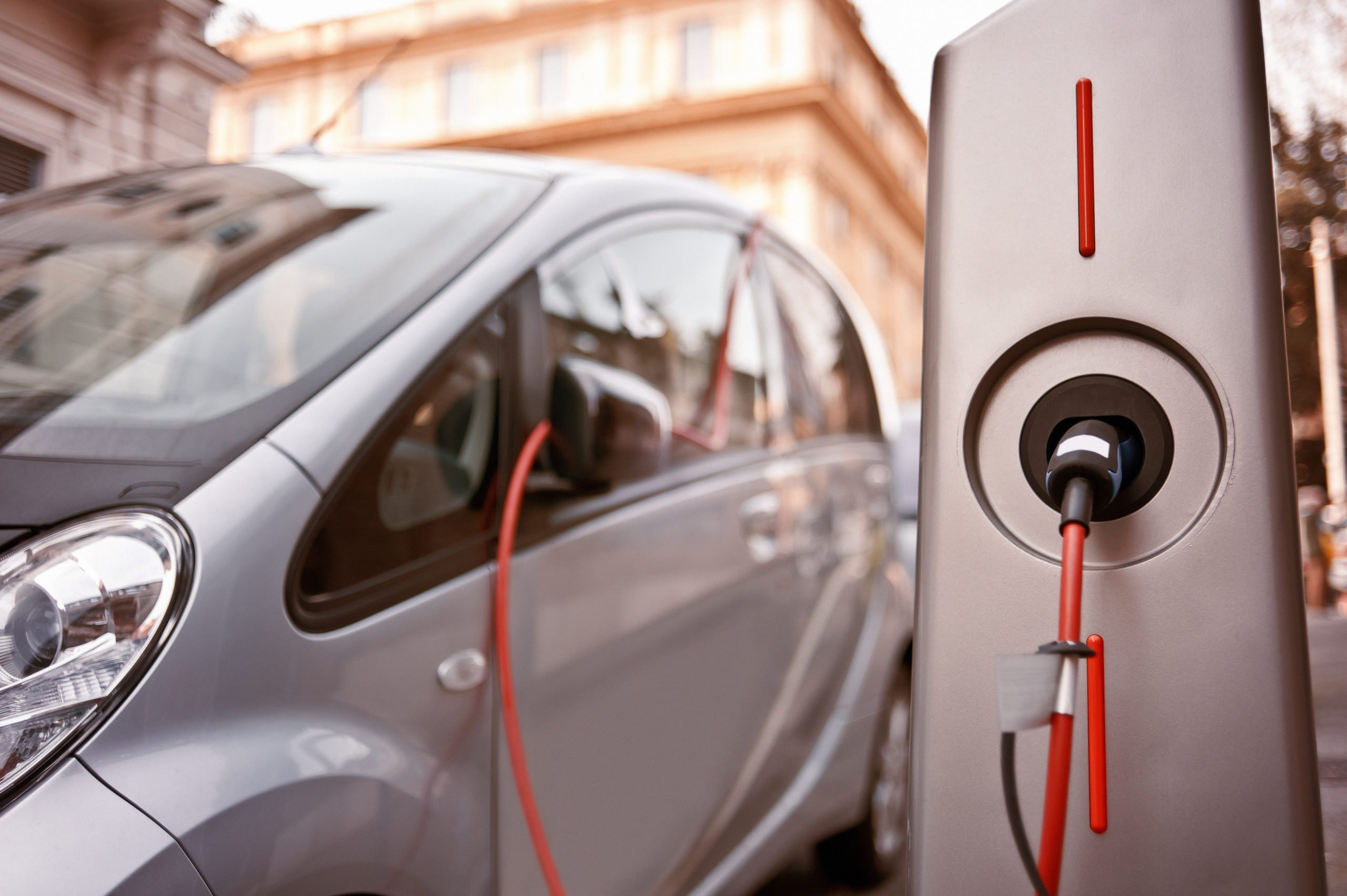We’ve previously discussed why and how EV charging companies should be actively looking to stake their claim in the EV charging station marketplace by paralleling the growth of gas-powered automobiles with the current growth in the EV market. But what is driving that growth? As we’ll look at below in a little more detail, government action and consumer demand for electric vehicles (and how government action is helping to drive consumer demand for those EVs) is adding up to create an “EV moment” – and to outline that a little, consider this:
- The Inflation Reduction Act provides for hundreds of millions of dollars in incentives and credits for EV buyers and manufacturers
- The Bipartisan Infrastructure Law provides billions of dollars to help build out the EV charging station network
- New EV sales grew by more than 80% YOY from 2020 to 2021
It’s an EV moment, indeed — and savvy EV charging companies are looking for their place in it. Let’s take a look at how the above factors are all contributing to this EV moment.
EV Recipe for Success: Government Action
Now more than ever, opportunities abound in the exciting and fast-growing EV market. Governments worldwide are smoothing the way for all facets of the EV industry as they set climate goals, and the demand from consumers continues to grow at break-neck speed. Federal and state governments, through recent, historic legislation, have established regulations to encourage EV use by consumers, and committed tens of billions of dollars in support of sustainable energy solutions, including all aspects of EV production.
The Inflation Reduction Act, passed in August of this year, allots $369 billion to the building of a more sustainable, climate-forward economy in what Forbes calls “the most important climate action in U.S. history.” It does this in part by creating tax credits for EV consumers and production incentives and investment tax credits for EV manufacturers. State and local governments have also incentivized the burgeoning EV market, with the obvious example being California, one of the biggest new car markets in the US: The California Air Resource Board has banned the sale of internal combustion engine (ICE) vehicles by 2035, and many other states are following its lead.
The Biden administration has set a goal that by 2030, 50% of all new vehicle sales in the US will be electric. The administration also committed to no longer purchasing gas-powered cars for its fleets by 2035. Though Tesla continues to dominate the light EV market, with the Model Y and the Model 3 outselling the next eight highest-selling EVs combined in 2021, other automakers are racing to get in on the action. GM has committed to selling only EV vehicles by 2035, and even 100-year old Ford Motor has seen its electric F-150 Lighting fly off the shelves. In fact, 2021 EV sales increased saw a staggering 83% growth over 2020 numbers.
Much of the government’s current thinking on EVs is already encoded in law: Alongside the Inflation Reduction Act we’ve already mentioned, the Bipartisan Infrastructure Law commits $89.9 billion to modernizing public transit and $7.5 billion to building a nationwide EV charging network. The CHIPS and Science Act is aimed at encouraging domestic semiconductor production, requiring companies to establish a reliable domestic supply chain for EV batteries. Battery production in the US is up 700% since 2021 and is expected to continue to grow.
EV Recipe for Success: Consumers
On top of all of the legislative and regulatory action, consumers have reached the tipping point regarding their openness to switching to electric vehicles, as record-breaking sales of EV vehicles year-over-year clearly indicate. EVs have traditionally been more expensive to purchase than ICE vehicles, but as EV production costs have declined—battery costs fell 40% since 2010—consumers have responded enthusiastically. Once purchased, all but luxury model EVs are cheaper to operate than ICE cars.
In terms of EV buyer segmentation, younger generations—Millenials and Generation Z’ers—are more likely to be informed about the benefits and are more open to buying electric vehicles than their Baby Boomer grandparents and to some extent their Gen X parents, as well. That said, though, EV sales are strong for those over 50, a fact most likely accounted for because of their higher purchasing power.
EV Recipe for Success: EV Charging Companies
Though still woefully insufficient to meet rapidly increasing demand, the number of EV charging stations grows every day. This is especially important for urban dwellers, who might want to switch to an EV but who do not have a garage or designated parking spot where they can reliably charge one, and for EV owners who are looking to take long-distance trips. This latter segment of EV owners struggle with “range anxiety,” the fear that an EV won’t be charged long enough to get them where they want to go. Fears are easing as technology continues to improve and consumers become more educated about the benefits of EVs. Driving ranges are getting longer—up to 320 km and more—thanks to advances in battery technology, and the market, assisted by federal, state, and local governments, is responding to the growing demand for more, and more convenient, charging stations.
Advances in technology and education, and the support of federal and local governments through regulation and financial incentives, have made this the EV moment. Savvy EV charging company leaders know that market opportunities like this EV moment come along only rarely. It’s time to seize the day and lead your business into the exciting and ever-growing EV charging industry.
Important Next Steps for EV Charging Companies
If you’re an EV charging company and would like to talk with Kajeet about our multi-carrier approach to providing EV charging station connectivity, please contact us here.
Read more thoughts on why and how EV charging companies should be actively looking to stake their claim in the EV charging station marketplace







.png)
